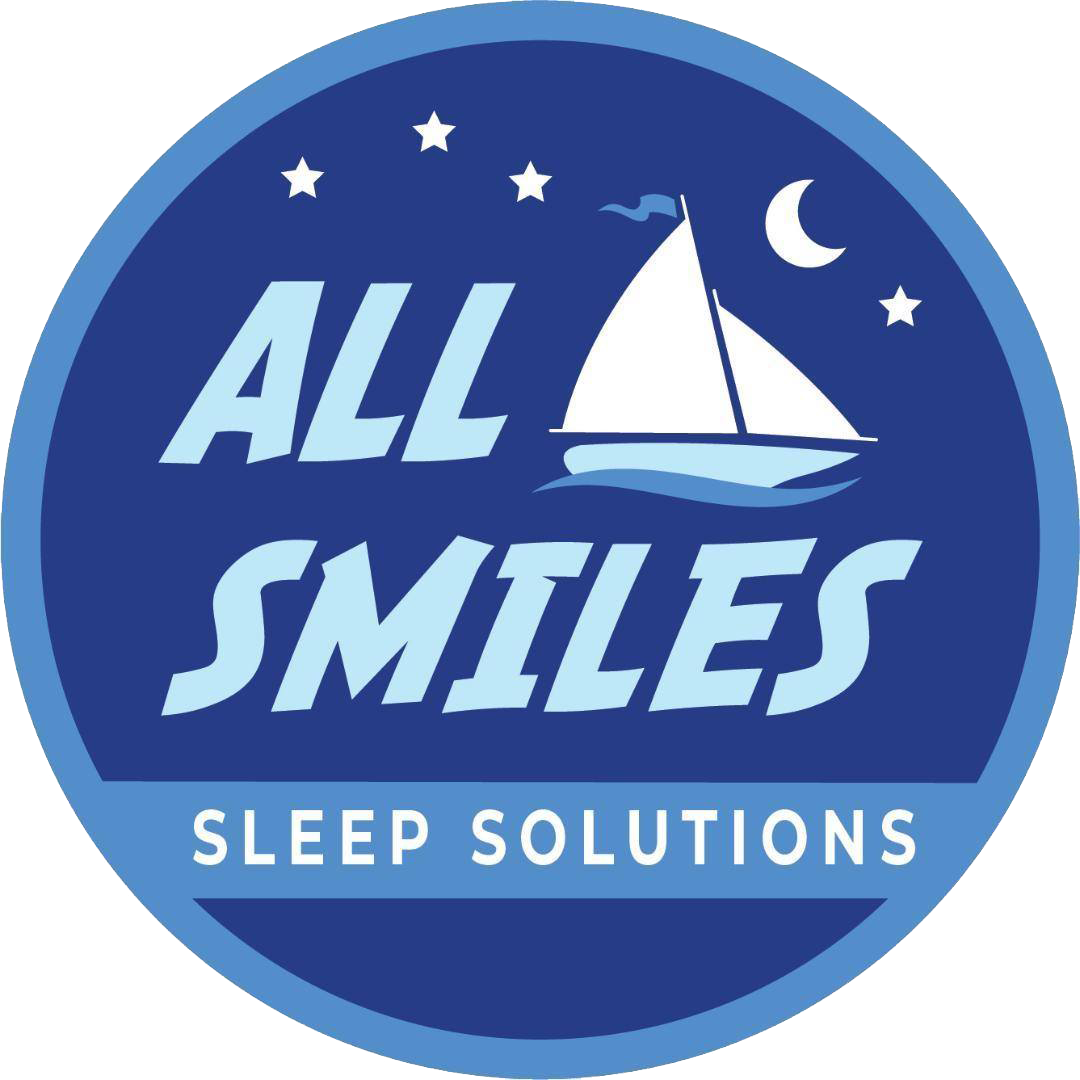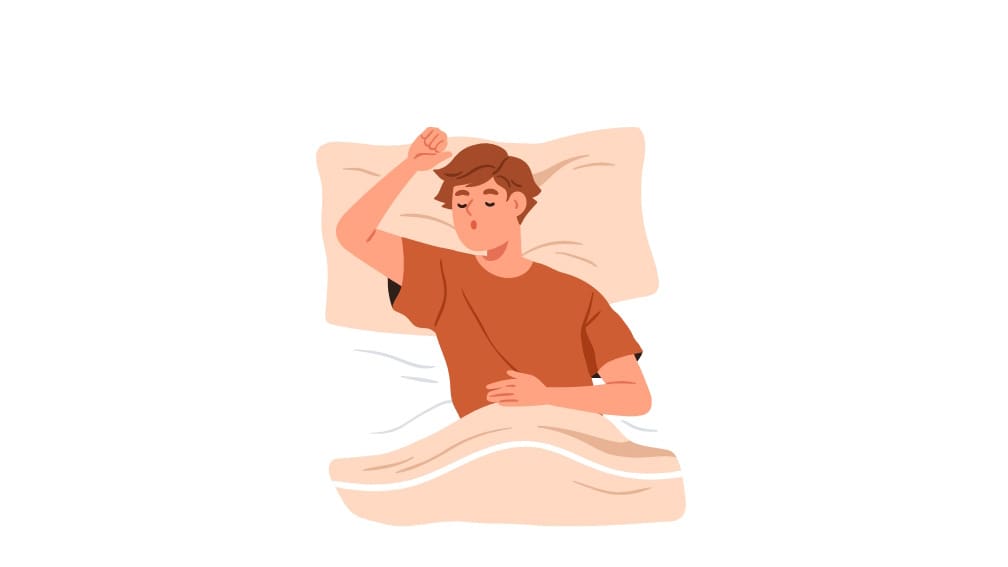Sleep apnea is a potentially serious sleep disorder that involves repeated interruptions of your breathing while you sleep. It is a common condition and can negatively affect your quality of life and overall health. If you snore or gasp during your sleep or experience other symptoms of poor-quality sleep like excessive daytime sleepiness, we’re here to help.
Types of Sleep Apnea
Sleep apnea can be either obstructive, central, or complex. While obstructive and central sleep apnea share some of the same symptoms, they exist for vastly different reasons.
Obstructive sleep apnea is caused by an involuntary relaxation of your throat muscles during sleep. When the muscles relax, they can physically block the upper airway, completely or partially restricting airflow. This can raise the blood pressure and decrease blood oxygen levels, which could put you at risk of a heart attack, stroke, and irregular heartbeat.
Central sleep apnea is due to a communication issue between your brain and the muscles that control your breathing. Since the problem does not come from a physcial obstruction, people with this type of sleep apnea may not snore, but they may still feel tired and moody throughout the day.
Complex sleep apnea occurs when a person has developed both obstructive and central sleep apnea.
What are the symptoms of sleep apnea?
The most frequent signs and symptoms of sleep apnea are periods of ceased breathing while sleeping. Oftentimes, this can be reported by another person. They may advise you of your instances of loud snoring and gasping for air throughout the night, as it may impair their own sleep cycle. Because this nocturnal disorder does not allow the body to rest properly, other symptoms that may occur as a result are constant headaches and agitation in the mornings, dry mouth upon waking, as well as insomnia and hypersomnia. This can make it difficult to focus on daily tasks throughout the day, affecting your mood and mental health.
How is sleep apnea diagnosed?
Sleep apnea is diagnosed through a sleep study. Sleep studies are completed through specialized clinics. During a sleep study, you will stay at one of these clinics overnight for at least one sleep cycle while a group of professionals monitors your vital signs and breathing. In some cases, multiple nights of analysis may be needed to diagnose the severity and type of sleep apnea that you are experiencing.
Health problems caused by sleep apnea
Sleep apnea causes frequent awakenings throughout the night, making regular, restorative sleep difficult, which results in significant daytime sleepiness, tiredness, and irritability. Individuals who suffer from sleep apnea could also have trouble concentrating and find themselves fainting at inconvenient moments.
Sleep apnea in children and teenagers can lead to poor academic performance and behavioral issues. Adults, on the other hand, may have poor work performance or perhaps fail to complete even the most basic daily tasks.
Sleep apnea can result in many serious health effects and long term risks if it is not treated. It has been linked to an increased risk of heart disease and high blood pressure. It also increases your risk of developing a variety of chronic conditions, such as metabolic syndrome and diabetes. In milder cases, chronic fatigue is the most common health consequence.
How is sleep apnea treated?
Our professionals focus on the treatment of obstructive sleep apnea. A highly effective treatment for obstructive sleep apnea is through the use of a nighttime mouthguard. Our team will start by taking a mold of your mouth. This mold is sent to a lab so that your custom oral appliance can be created.
Once you receive your custom oral appliance, our team will review the proper use and care of your mouthguard with you to ensure that you maximize its life. With proper care, your mouthguard can last for several years. This mouthguard will look similar to a mouthguard used for sports activities and will generally have a soft interior and firmer exterior. The mouthguard is to be worn at night during your entire sleep cycle.
The goal of the custom oral appliance is to prevent your airway from closing when your throat muscles relax. It provides added support and prevents any obstructions during your sleep cycle. While it may take a few nights to get accustomed to, the mouthguard is designed to be extremely comfortable and should provide you with a more restful night’s sleep.
If you think that you may be suffering from sleep apnea, do not risk your short and long-term health by delaying treatment. If you have some of these symptoms mentioned above, or if your partner has noticed that you have bad nighttime habits, then you may have sleep apnea. This is a serious disorder that can affect you both psychologically and physically, so it is best to treat it as soon as possible.
At All Smiles Sleep Solutions, we want to help you sleep and rest as you deserve. Let us help you on your journey to a better quality of life through the use of a custom oral appliance. Please contact us at 813-461-6570 and book your consultation with our team of dental professionals today.
Get in touch with All Smiles Sleep Solutions
Office Location
17200 Camelot Court
Unit 101
Land O’Lakes, FL 34638-7279
Satellite Location
1180 Ponce DeLeon
Suite 401
Clearwater, FL 34756

